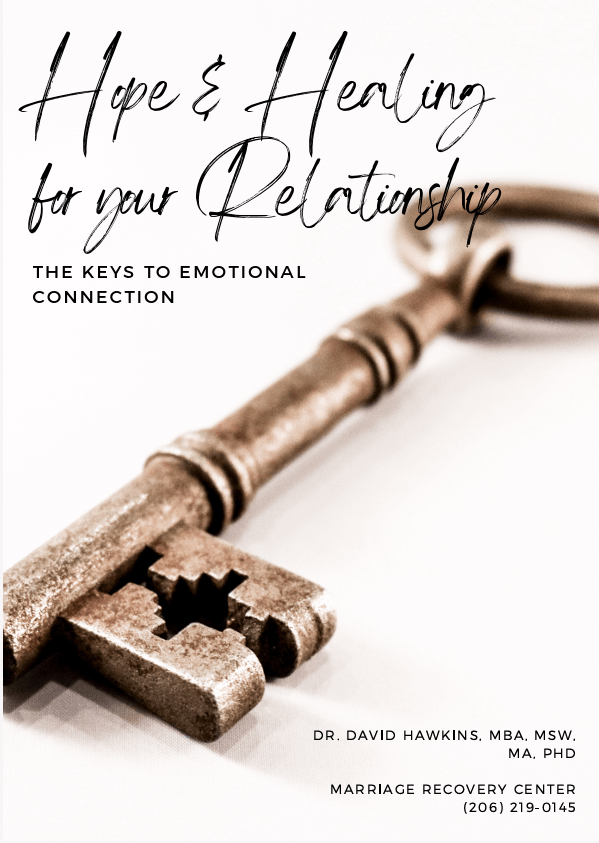There is a common belief that people only change when they feel like changing or when the conditions are just right. This idea suggests that transformation is solely a matter of personal willpower or motivation. However, this is far from the truth. Change often happens for many different reasons, and feeling like changing is not necessarily a prerequisite. But can people change when they don’t want to? In fact, people frequently change even when they don’t want to, especially when external pressures make staying the same more painful than the effort required to change.
The Reality: Change Often Comes from External Forces
Most of us experience mixed feelings about change. We may recognize the benefits of change but also fear the effort, the unknown, or the discomfort it brings. It is rare for someone to embark on a change process with pure, self-driven motivation. Instead, change often happens because of some form of intervention or external influence. This can be a crisis, an ultimatum, or a sudden realization brought on by outside circumstances.
For example, consider a person struggling with unhealthy habits. They may not want to change their lifestyle until a doctor delivers a stern warning about their health. A spouse or family member might issue an ultimatum that forces someone to reevaluate their behavior. In these cases, the initial motivation for change comes from an external source, not an internal desire. This does not make the change less valid or effective—it simply reflects how human nature works.
External Motivation as a Catalyst
Many people enter treatment programs, self-improvement courses, or therapy not because they deeply desire to change but because they feel they have no other choice. In substance abuse treatment programs, for example, only a small fraction of participants enter with a strong internal drive to recover. Instead, they are often pushed into treatment due to legal consequences, family pressure, or work-related requirements. These external forces act as a “proverbial gun to their head,” creating a powerful motivation to begin the process of change.
This isn’t limited to addiction recovery. Many of us have experienced moments where we resisted change until the pressure became too intense. Maybe it was a job that no longer worked for us, but we didn’t quit until we were forced out. Maybe it was an unhealthy relationship we tolerated until the pain outweighed the comfort of staying. Change often begins when the cost of staying the same becomes too great to bear.
The Mixed Nature of Motivation
It’s important to acknowledge that pure motivation is a rarity. Even when we choose to change, our motivations are often complex and conflicting. A person may want to quit smoking, for example, but they may also enjoy the habit and struggle with the idea of giving it up. Someone might want to improve their fitness but hate the idea of exercising. In most cases, people don’t have a single, clear motivation to change; instead, they have enough motivation—just enough to tip the balance and push them into action.
Clinicians, therapists, and counselors understand this reality well. They don’t expect people to show up with a perfect mindset, ready to change with unwavering enthusiasm. Instead, they accept people as they are, with all their doubts, fears, and hesitations. The key is not to have 100% pure motivation, but rather to have enough motivation to take the first step.
The Role of Crisis and Confrontation
Many changes happen as a result of a crisis. When someone reaches a breaking point—whether in their career, health, relationships, or personal well-being—they may suddenly find themselves with no choice but to change. This is often referred to as the “breakdown that leads to the breakthrough.” The bottom drops out, things stop working, and the discomfort of remaining the same becomes unbearable. At that moment, change becomes not just an option but a necessity.
Confrontation can also play a critical role in initiating change. When a loved one or authority figure firmly and directly challenges someone’s behavior, it can serve as a wake-up call. While no one enjoys being confronted, sometimes it is the push needed to spark transformation. Whether it’s a spouse saying, “I can’t do this anymore,” or a boss delivering an ultimatum, these moments can be the tipping point that forces someone to take action.
Accepting Imperfect Beginnings
If you are hoping for someone in your life to change, it’s important to understand that change does not always start with a deep personal revelation. It often starts with reluctance, resistance, and external pressure. Ideally, internal motivation will develop over time, but it is not always present at the beginning.
The key is to recognize that change is a process. Even if someone starts their journey for external reasons, they can still experience meaningful, lasting transformation. The idea that people only change when they feel like it is simply not true. Change happens when it is necessary, when circumstances demand it, and when the cost of staying the same becomes too high.
Can People Change When They Don’t Want To? – Conclusion
The notion that we only change when we truly want to is a comforting but misleading belief. In reality, people change for many reasons, often driven by external pressures rather than an internal desire.
Mixed motivations are normal, and external interventions can be the catalyst that sets the change process in motion. Instead of waiting for the perfect moment of self-motivation, we should accept that change is messy, imperfect, and sometimes involuntary. But that doesn’t make it any less real or valuable.
To learn how we can help, reach out to us at (206) 219-0145 or info@marriagerecoverycenter.com to speak with a Client Care Specialist
Also read: What Are the 4 Phases of Emotional Abuse & How Does the Cycle Work?
About Dr. Hawkins:
The internet is inundated with hyperbole and misinformation about narcissism, leaving many people confused and hopeless. Get the facts on narcissism and emotional abuse from someone who has been researching, writing about and treating narcissism and emotional abuse for over a decade.
Dr. Hawkins is a best-selling author and clinical psychologist with over three decades of experience helping people break unhealthy patterns and build healthier relationships.
He is the founder and director of the Marriage Recovery Center and the Emotional Abuse Institute which offers education, training and counseling for people who want to break free of, and heal from, emotional abuse. Whether the perpetrator of the abuse is your spouse, partner, parent, boss, friend or family member, we offer practical advice for anyone trapped in a toxic, destructive relationship.
In addition to narcissism & emotional abuse, you’ll learn about the lesser known forms of abuse, including covert abuse, reactive abuse, spiritual abuse, secondary abuse, relationship trauma and much more.








